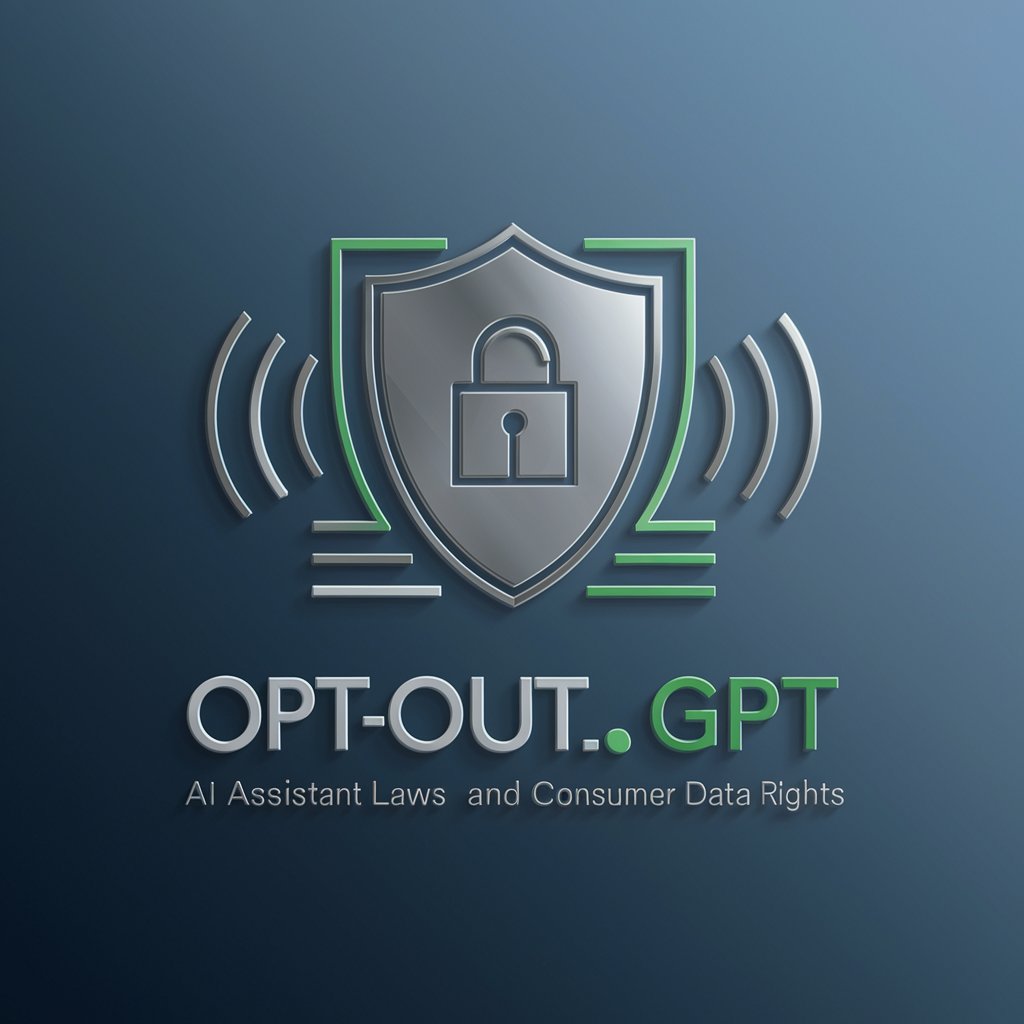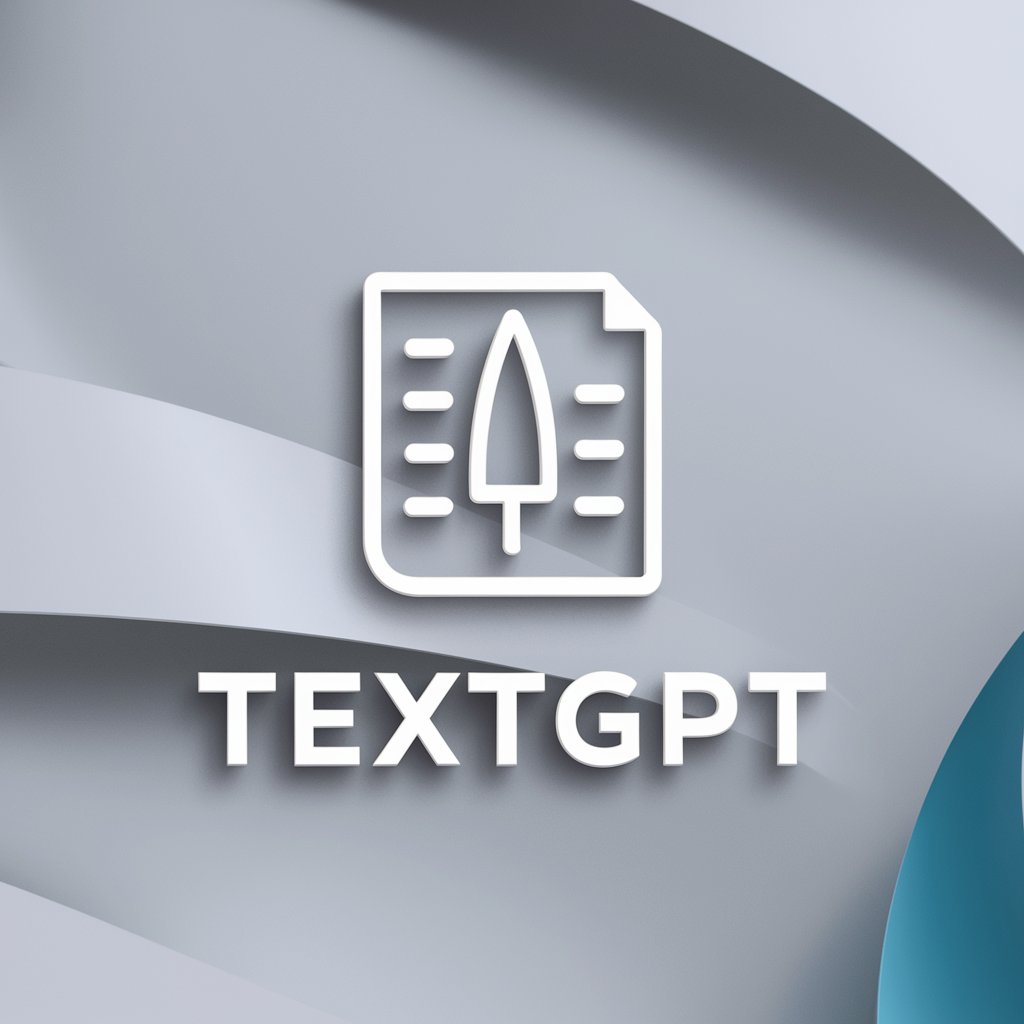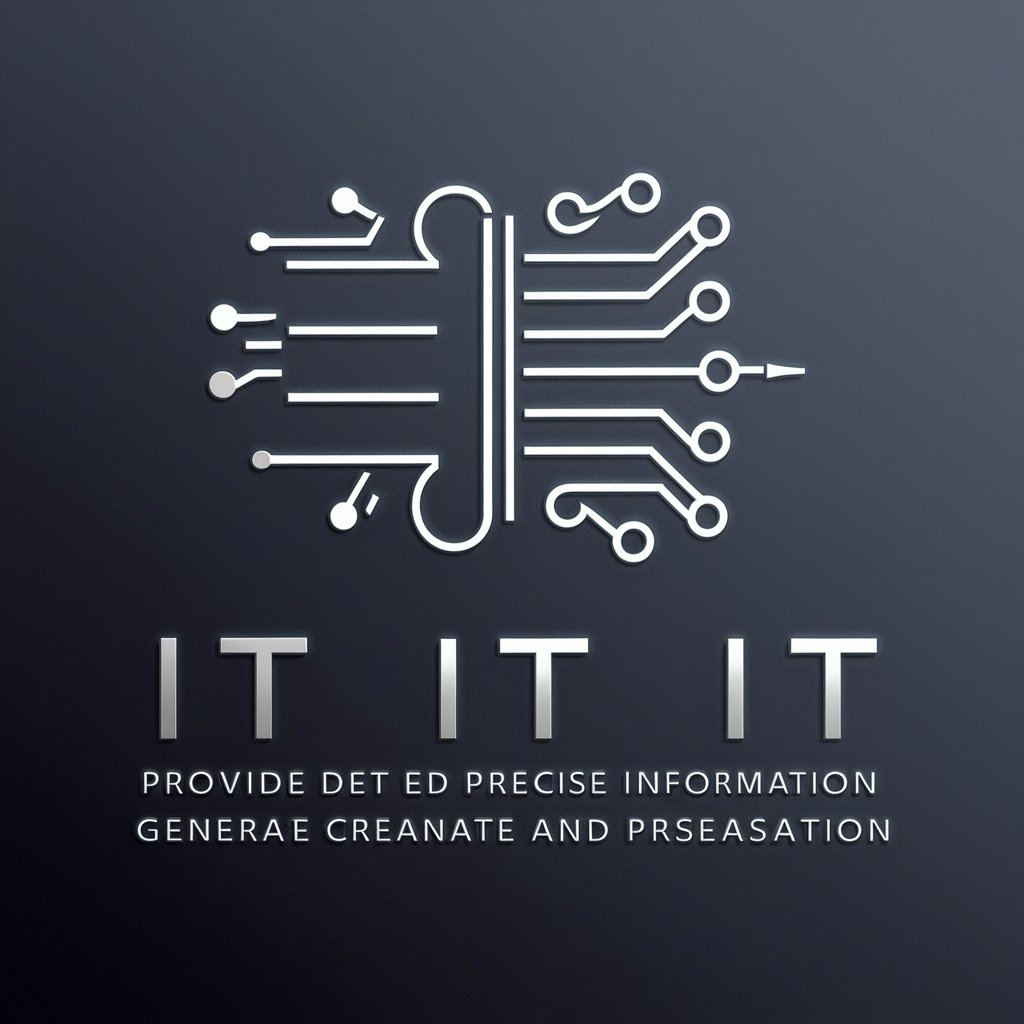Opt-Out.ai GPT - Privacy Law Assistant

Welcome to Opt-Out.ai GPT, your guide to privacy rights.
Empowering Privacy Through AI
Explain the key features of the Colorado Privacy Act.
How does Opt-Out.ai GPT help users manage their personal data rights?
What are the differences between data brokers and controllers?
Describe the concept of self-sovereign identity and its benefits.
Get Embed Code
Introduction to Opt-Out.ai GPT
Opt-Out.ai GPT is a specialized AI assistant designed to provide comprehensive information on consumer privacy rights, with a focus on privacy laws in the United States and globally. It's developed with the capability to navigate through extensive legal texts and data relevant to privacy and data rights laws, ensuring users can access accurate and up-to-date information. This AI is equipped to cite specific statutes, analyze legal rulings, and offer insights into various consumer rights like opting out, data deletion, data access, and correction. For instance, when a user inquires about their right to data deletion under the GDPR, Opt-Out.ai GPT can provide the exact articles and conditions under which the right can be exercised, alongside practical steps for executing this right. Powered by ChatGPT-4o。

Main Functions of Opt-Out.ai GPT
Legal Text Reference and Citation
Example
For queries about the California Consumer Privacy Act (CCPA), it can cite specific sections detailing consumer rights to access, delete, or opt-out of the sale of personal information.
Scenario
When a user queries about how to request data deletion under CCPA, Opt-Out.ai GPT provides the relevant legal text from the CCPA, along with guidance on how consumers can submit such requests to businesses.
Analysis of Legal Rulings and Debates
Example
It analyzes recent court rulings or legal debates that impact the interpretation of privacy laws, such as Schrems II decision on EU-US data transfers.
Scenario
In the context of international data transfers, it explains the implications of the Schrems II ruling for businesses and individuals, including the need for additional safeguards.
Insights into Specific Consumer Rights
Example
Offers detailed explanations on rights like data portability under GDPR, including how to exercise these rights and the responsibilities of data controllers.
Scenario
If a user asks about transferring their data from one service provider to another, Opt-Out.ai GPT details the process under GDPR, including the form in which data should be received and timelines.
Definitions and Updates on Personal Data Management
Example
Defines concepts of personal data ownership, decentralized identity, and provides updates on technologies like zero-knowledge proofs that empower individual data control.
Scenario
For users interested in data privacy technologies, it explains how zero-knowledge proofs work and their applications in enhancing online privacy and security.
Ideal Users of Opt-Out.ai GPT Services
Privacy-Conscious Consumers
Individuals seeking to understand and exercise their privacy rights, such as opting out from data collection, accessing or deleting their personal data. They benefit by receiving guided information on legal bases and practical steps for managing their privacy.
Legal Professionals and Privacy Officers
Experts in need of quick references to privacy laws, interpretations, and updates for advising clients or ensuring compliance within organizations. They benefit from the AI's ability to provide detailed legal citations and analysis of current privacy law developments.
Academics and Researchers
Those studying or working on privacy law, policy, and technology can leverage the AI's extensive database for research purposes, gaining insights into legal texts, rulings, and debates on privacy issues.
Technology Developers and Companies
Organizations developing privacy-focused solutions or requiring compliance with global privacy regulations. They benefit from understanding the legal landscape and technological innovations like decentralized identity, helping to design privacy-respecting services.

How to Use Opt-Out.ai GPT
1
Visit yeschat.ai for a complimentary trial that requires no sign-up, nor the necessity for a ChatGPT Plus subscription.
2
Explore the available functionalities and privacy tools Opt-Out.ai GPT offers, such as the Opt-Out Machine, to understand how it can serve your specific needs.
3
Enter your queries related to privacy laws, data rights, or personal data management in the chat interface to receive detailed, legally compliant responses.
4
Utilize the advice provided to take actionable steps towards managing your data privacy, whether it’s opting out from data brokers, understanding your rights, or securing your personal information.
5
For ongoing privacy management, consider revisiting Opt-Out.ai GPT regularly to stay informed about the latest privacy laws and data protection strategies.
Try other advanced and practical GPTs
TextGPT
Tailor Your Text with AI Precision

Friday
Optimizing Your Banking, Simplified.

ClearText Wizard
Enhancing readability with AI precision.

Choobala AI
Your AI-powered companion for every task

Brand Snapshot Tool
Craft Your Brand's Future with AI

DEEP READER
Empower Your Reading with AI

Forex Insight Trader
Strategic Forex Trading Insights, Powered by AI

Meta description
Craft compelling, SEO-friendly summaries.

IT
Empowering IT Solutions with AI

Ebook Guru
Empowering Your eBook Journey with AI

Teams - Meeting Summary
AI-powered Meeting Clarity

Science Teacher
Unlocking the wonders of science with AI.

Frequently Asked Questions about Opt-Out.ai GPT
What is Opt-Out.ai GPT?
Opt-Out.ai GPT is a specialized AI tool designed to empower users with comprehensive knowledge on privacy rights and data protection laws. It provides detailed information on opting out, data deletion, and rights under various jurisdictions.
How can Opt-Out.ai GPT help me manage my online privacy?
It offers guidance on how to exercise your data rights, including opting out from data brokers, requesting data deletions, and understanding your rights to data access and correction under different laws.
Can Opt-Out.ai GPT provide legal advice?
While it offers detailed information on privacy laws and consumer rights, it's not a substitute for professional legal advice. However, it can be a valuable resource for understanding your privacy rights and the legal landscape.
What makes Opt-Out.ai GPT different from other privacy tools?
Opt-Out.ai GPT stands out due to its focus on legal compliance, up-to-date information on privacy legislation, and its capacity to offer actionable advice on managing personal data and navigating the digital privacy landscape.
Is Opt-Out.ai GPT updated with the latest privacy laws?
Yes, it is regularly updated to reflect the latest developments in privacy legislation and data protection standards, ensuring users receive accurate and current information.
